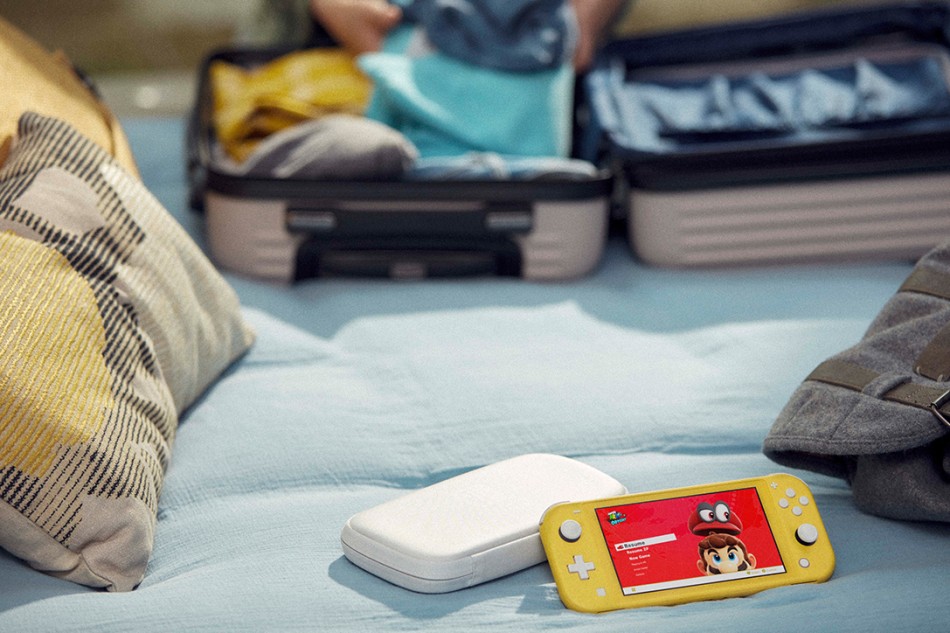
Nintendo today revealed a new Switch Lite version of its current-generation console, which attaches the controllers permanently, shrinks the hardware a bit and adds a touch more battery life — but it also takes away the “Switch” part of the equation, because you can only use it handheld, instead of attached to a TV or as a unique tabletop gaming experience.
The changes mostly seem in service of bringing the price down, as it will retail for $199 when it goes on sale in September. That’s $100 less than the original Switch, which is a big price cut and could open up the market for Nintendo to a whole new group of players. But it’s also a change that seems to take away a lot of what made the Switch special, including the ability to plug it into a TV for a big-screen experience, or quickly detach the Joy-Con controllers for motion-control gaming with rumble feedback.
Switch Lite makes some crucial changes that I suspect Nintendo knows are reflective of how a lot of people actually use the Switch, regardless of what the aspirational, idealized Switch customer does in Nintendo’s ads and promo materials. As mentioned, it should bump your battery life during actual gameplay — it could add an extra hour when playing The Legend of Zelda: Breath of the Wild, for instance. And the size savings mean it’s much easier to slip in a bag when you head out on a trip.

The new redesigned, permanently attached controllers also include a proper D-pad on the left instead of the individual circle buttons used on the Joy-Pad, and the smaller screen still outputs at the same resolution, which means things will look crisper in play.
For me, and probably for a lot of Switch users, the trade-offs made here are actually improvements that reflect 90% of my use of the console. I almost never play plugged into a TV, for instance — and could easily do without, since mostly I do that for one-off party-game use that isn’t really all that necessary. The controller design with a D-pad is much more practical, and I have never used motion controls with my Switch for any game. Battery life means that you probably don’t need to recharge mid-trip on most short and medium-length trips, and the size savings means that when I’m packing and push comes to shove, I’m that much more likely to take the Switch Lite rather than leave it at home.
Already, some critics are decrying how this model makes the Switch “worse” in almost every way, but actually I think it’s just the opposite — Nintendo may have traded away some of its trademark quirk with this version, but the result is something much more akin to how most people actually want to use a console most of the time.

